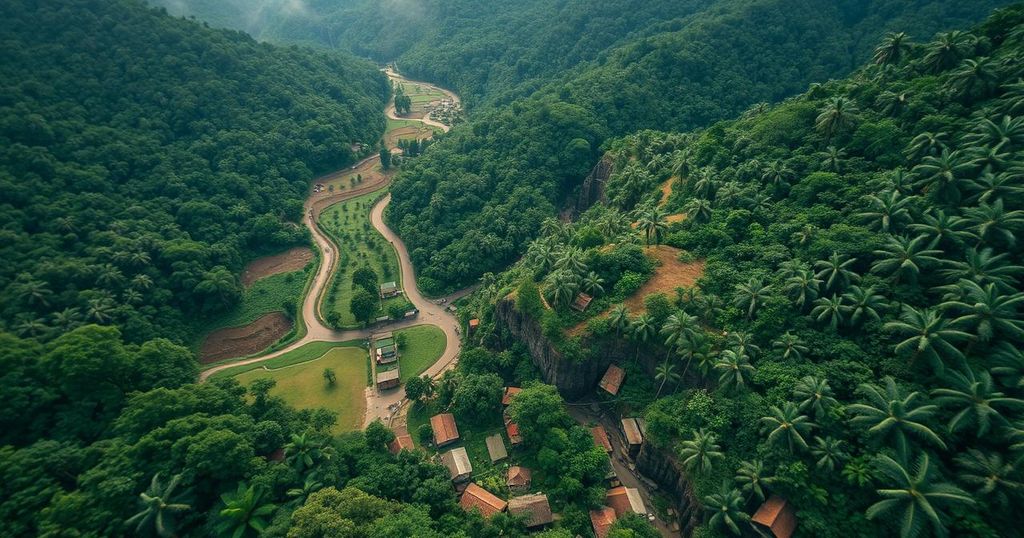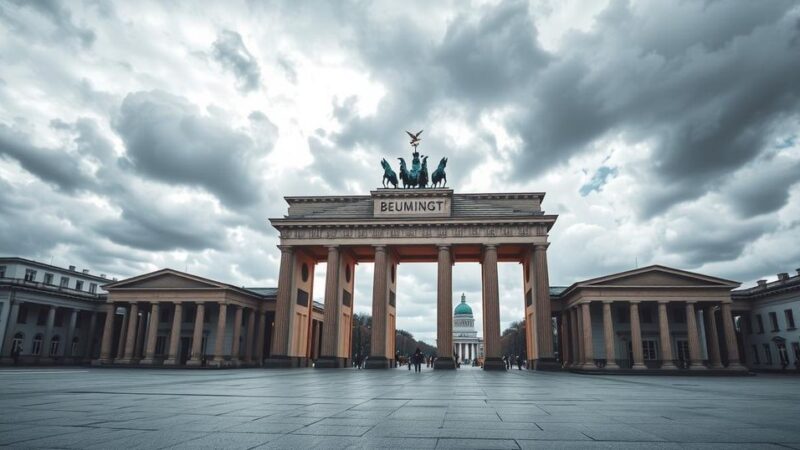The Democratic Republic of the Congo has an economy largely dependent on mineral extraction, historically influenced by foreign control and later nationalization under Mobutu Sese Seko. Economic mismanagement led to a significant decline in productivity and living standards in the 1990s. However, reforms in the early 2000s resulted in positive growth. Agriculture is crucial for employment, yet has faced significant challenges.
The Democratic Republic of the Congo (DRC), post-independence in 1960, has seen its economy largely centered around mineral extraction, particularly copper and diamonds, managed by foreign firms like the Belgian Union Minière du Haut-Katanga (UMHK). However, following the 1965 coup by Mobutu Sese Seko, the government initiated nationalization efforts, leading to the establishment of Générale des Carrières et des Mines (Gécamines) as a state enterprise that outsourced management to private companies. This nationalization process, termed “Zairianization,” allowed Mobutu to build a personal fortune and an extensive patronage network, effectively intertwining the economy with his political regime. While initially, international entities like the International Monetary Fund (IMF) and the World Bank overlooked Mobutu’s governance shortcomings, the exit of favorable conditions, compounded by a drop in copper prices, catalyzed audits revealing rampant embezzlement and economic mismanagement. By the early 1990s, amidst the collapse of the Soviet Union and calls for reform, the DRC’s economy faced severe distress, with negative growth and the national currency’s devaluation leading to diminished per capita incomes and an overwhelmed state apparatus. Despite these challenges, the DRC began adopting market-oriented reforms in the early 2000s with support from the IMF and the World Bank, resulting in positive GDP growth for the first time in over a decade, attributed to post-civil war stabilization and newfound economic reforms. Agriculture emerged as the primary livelihood for the majority, contributing significantly to the workforce and GDP. However, resource inadequacies like deteriorated transport inhibited agricultural production, fostering a reliance on imports. The agricultural sector, though rich in potential, has seen a collapse in commercial production, with coffee serving as the primary export despite significant smuggling. Livestock farming remains limited, and timber production mostly caters to local needs rather than export markets. Consequently, the DRC’s economic narrative is characterized by its rich mineral wealth, agricultural potential, and the socio-political turmoil that has constrained its development and resulted in a significant informal economy that operates parallel to the official structures.
The Democratic Republic of the Congo possesses significant mineral resources, which have historically formed the backbone of its economy since gaining independence in 1960. The initial control exerted by foreign companies over mineral extraction set the stage for later attempts at nationalization, particularly under the regime of Mobutu Sese Seko, who utilized the state’s economic machinery for personal gain, intertwining governance with economic control. The subsequent mismanagement and crises severely impacted the national economy, leading to a dramatic decline in productivity and living standards. Agriculture, alongside mining, represents a critical aspect of the economy yet has faced challenges, particularly in market production and infrastructural support. The DRC’s ongoing struggles reflect a broader tension between its resource wealth and the entrenched political challenges that inhibit economic stability and growth.
In summary, the Democratic Republic of the Congo is a nation rich in mineral resources and agricultural potential yet challenged by a complex history of political mismanagement and economic decline. The transition towards a more market-oriented economy in the early 21st century has shown promise, indicated by GDP growth. However, the legacy of governance and infrastructure deficits continues to hinder the full realization of the DRC’s economic potential.
Original Source: www.britannica.com






